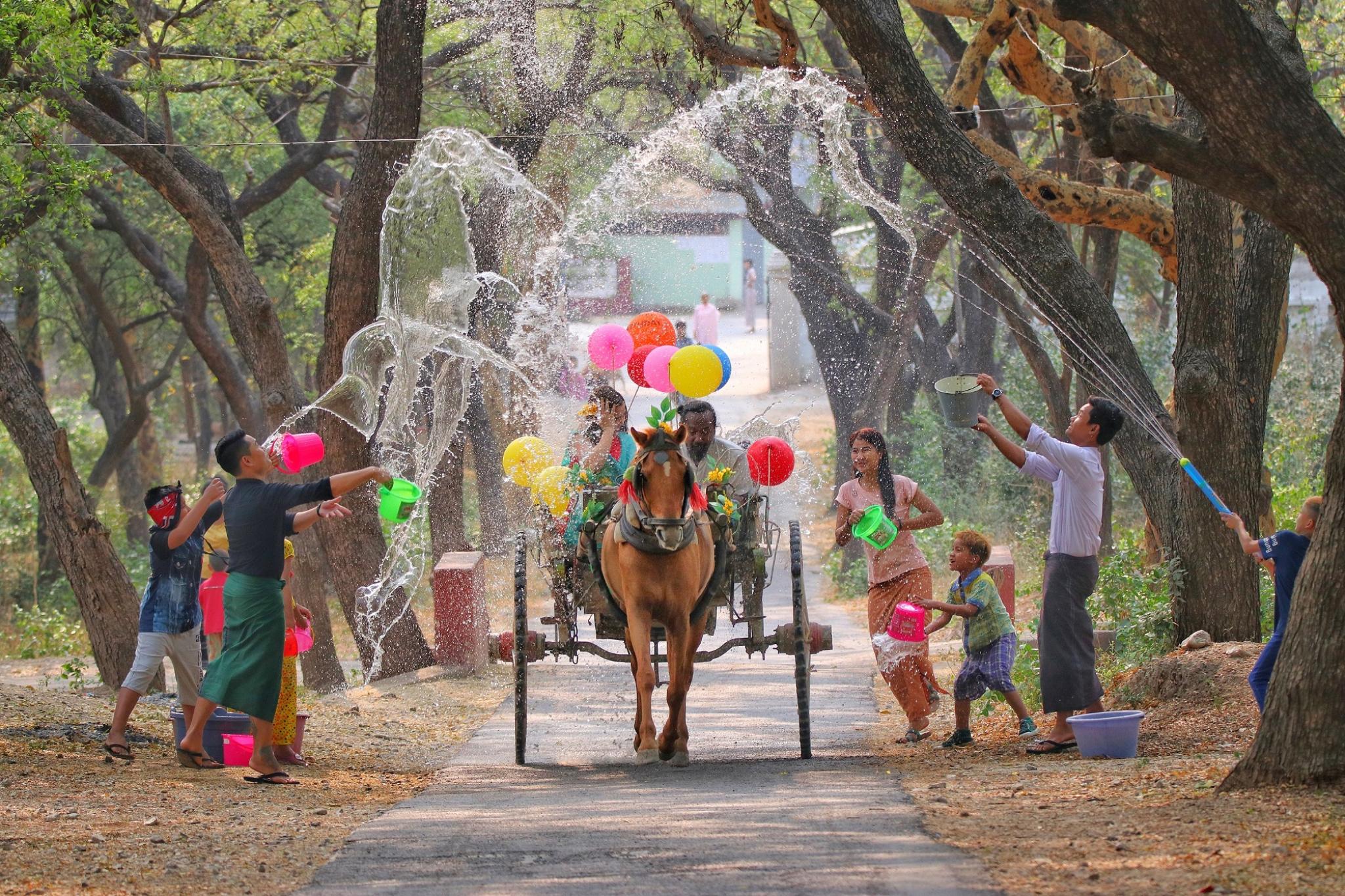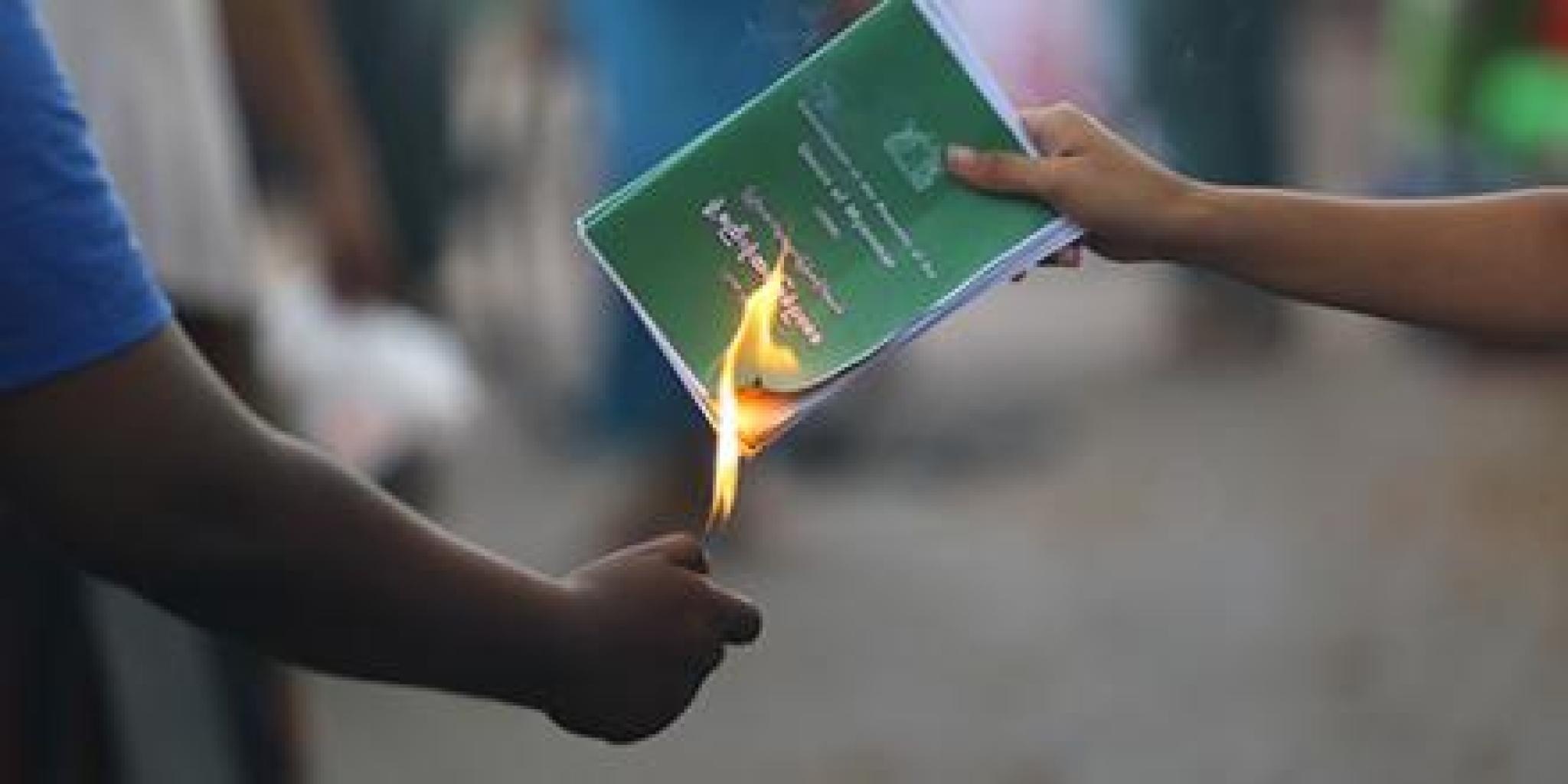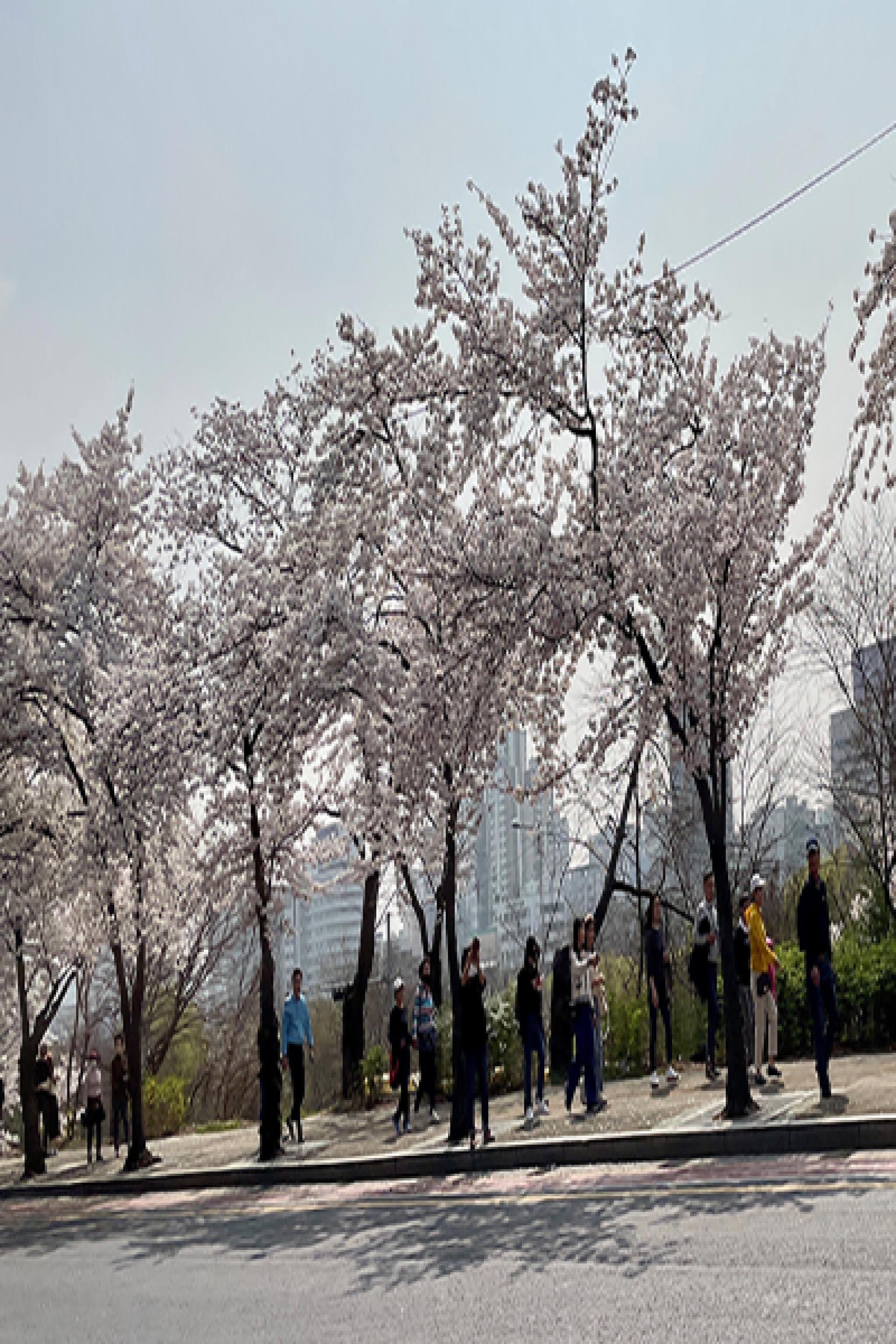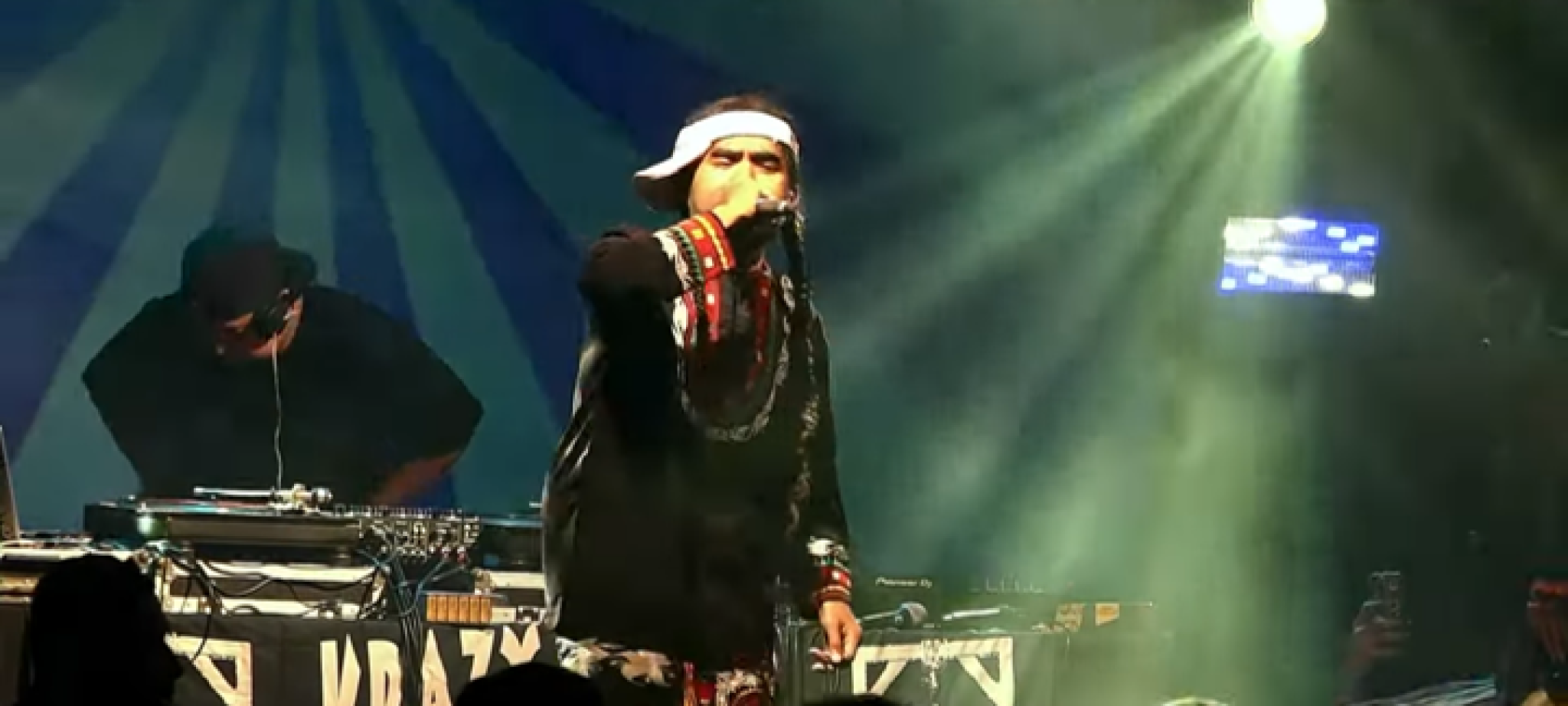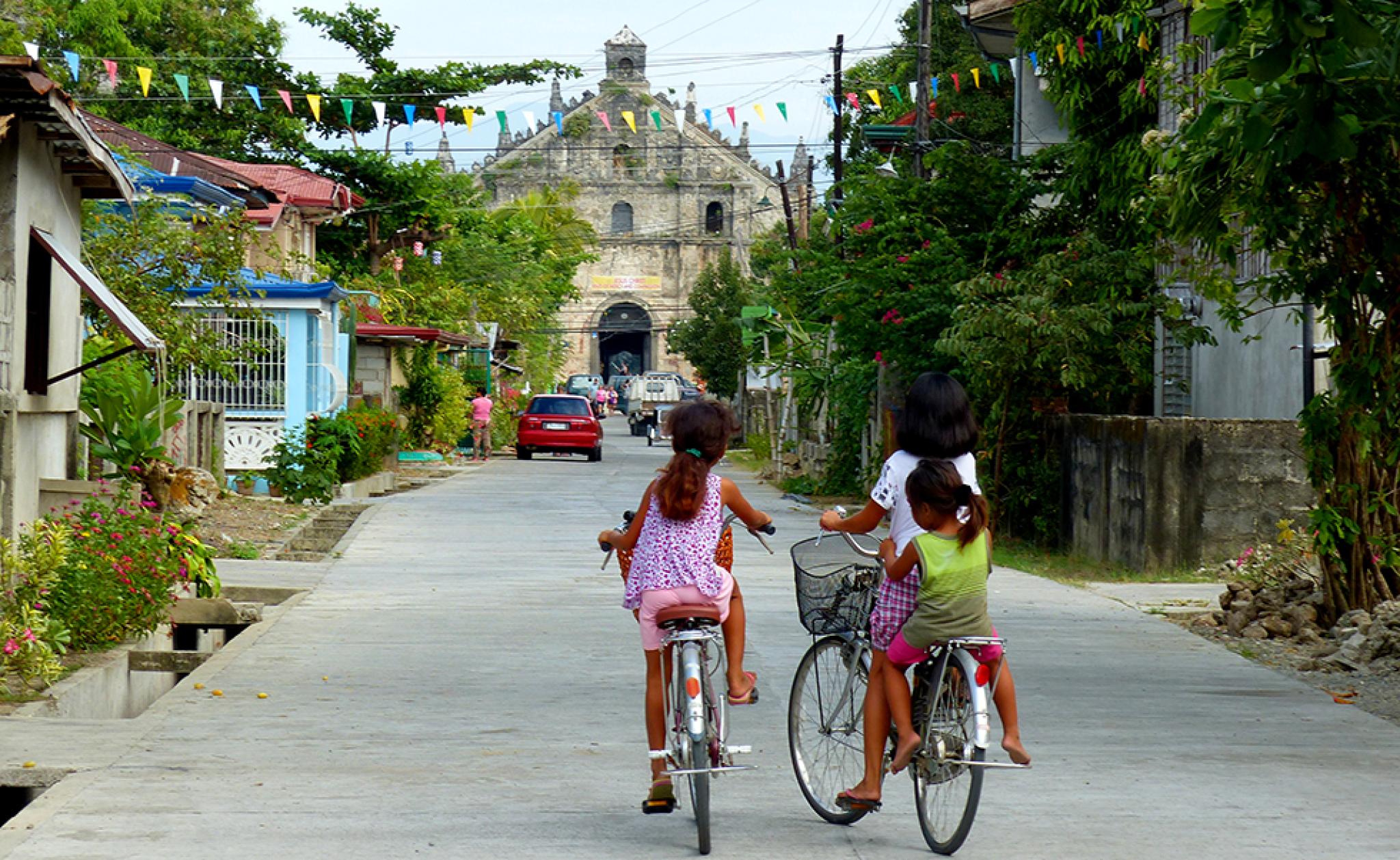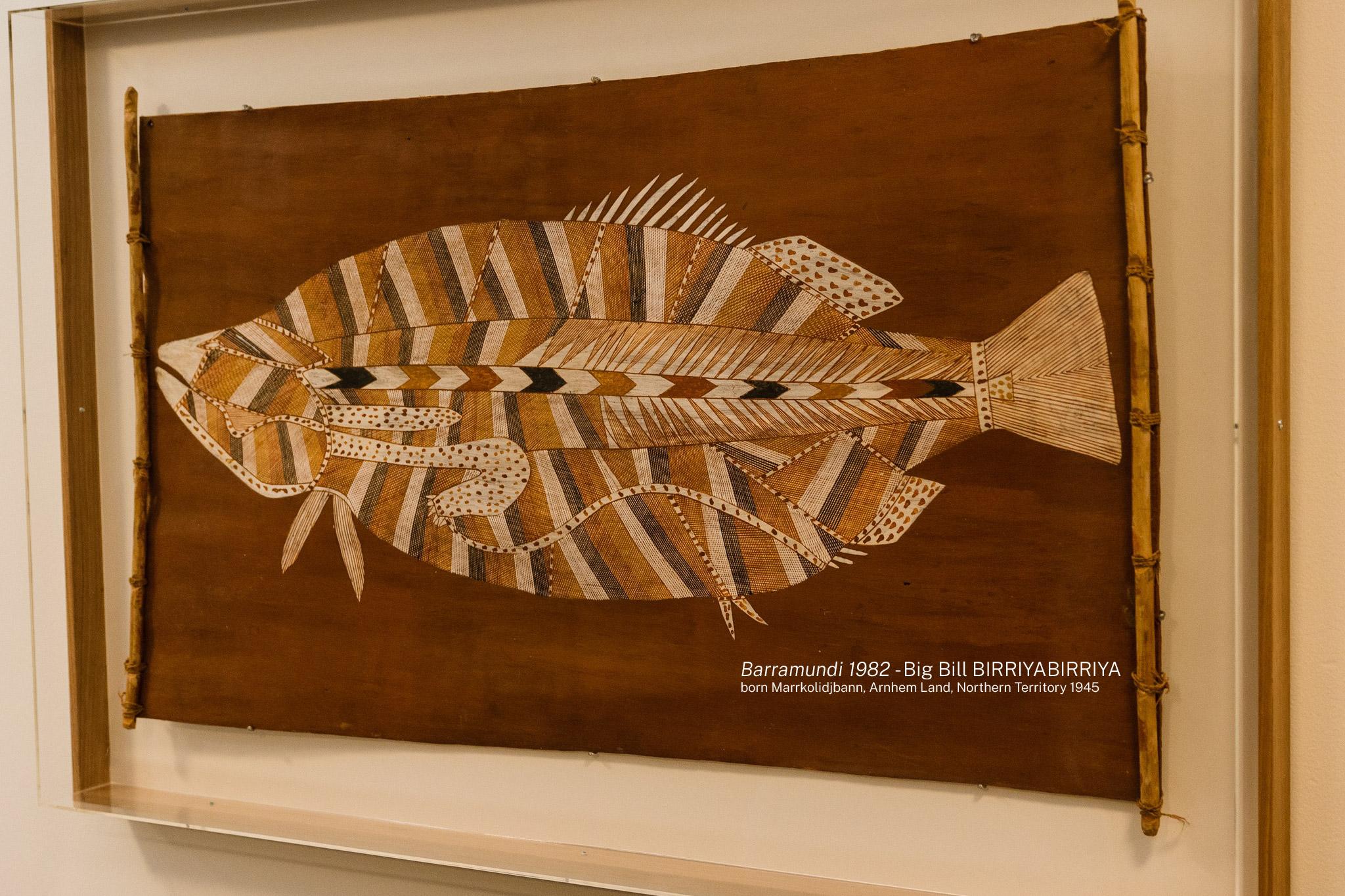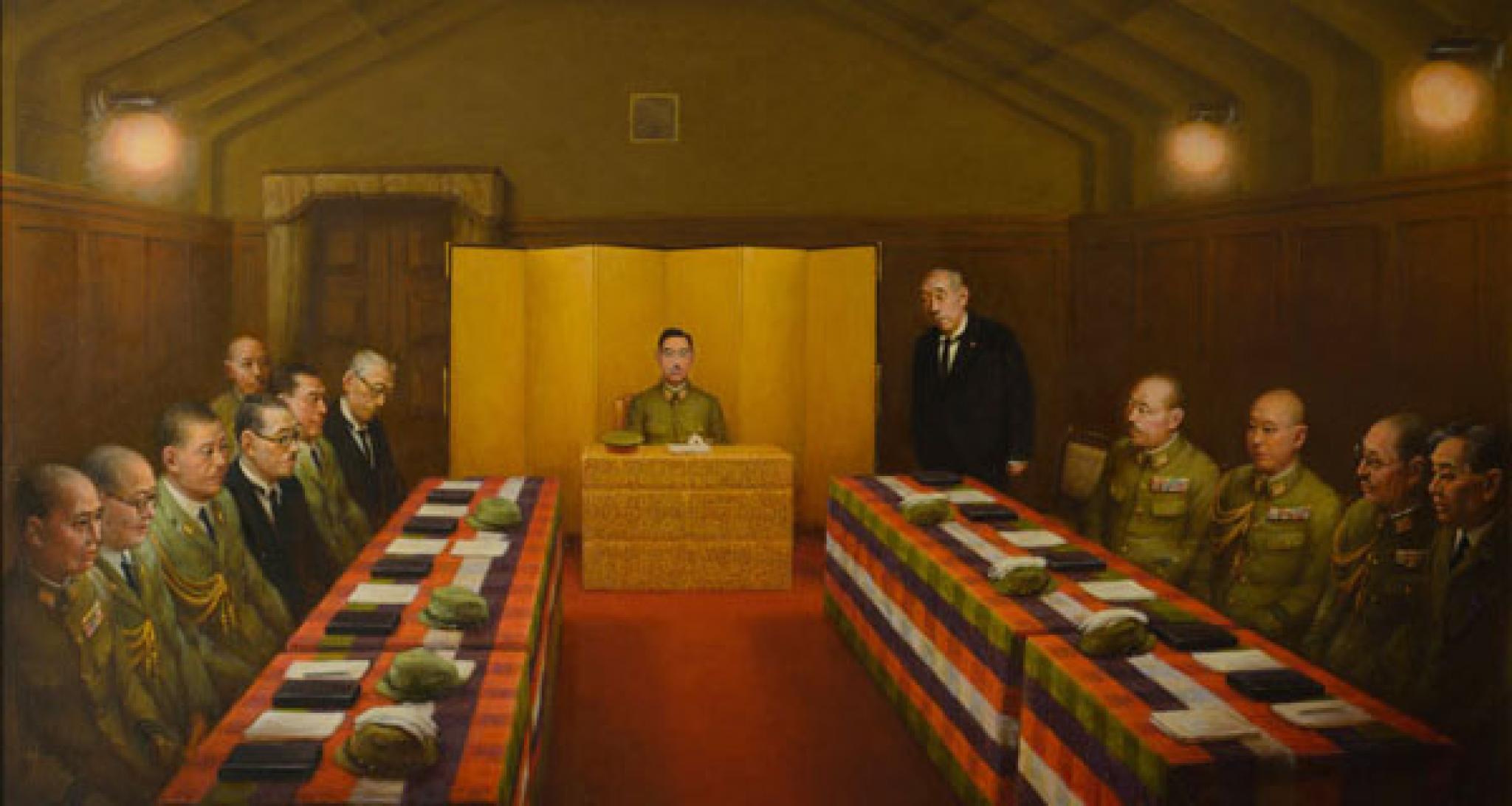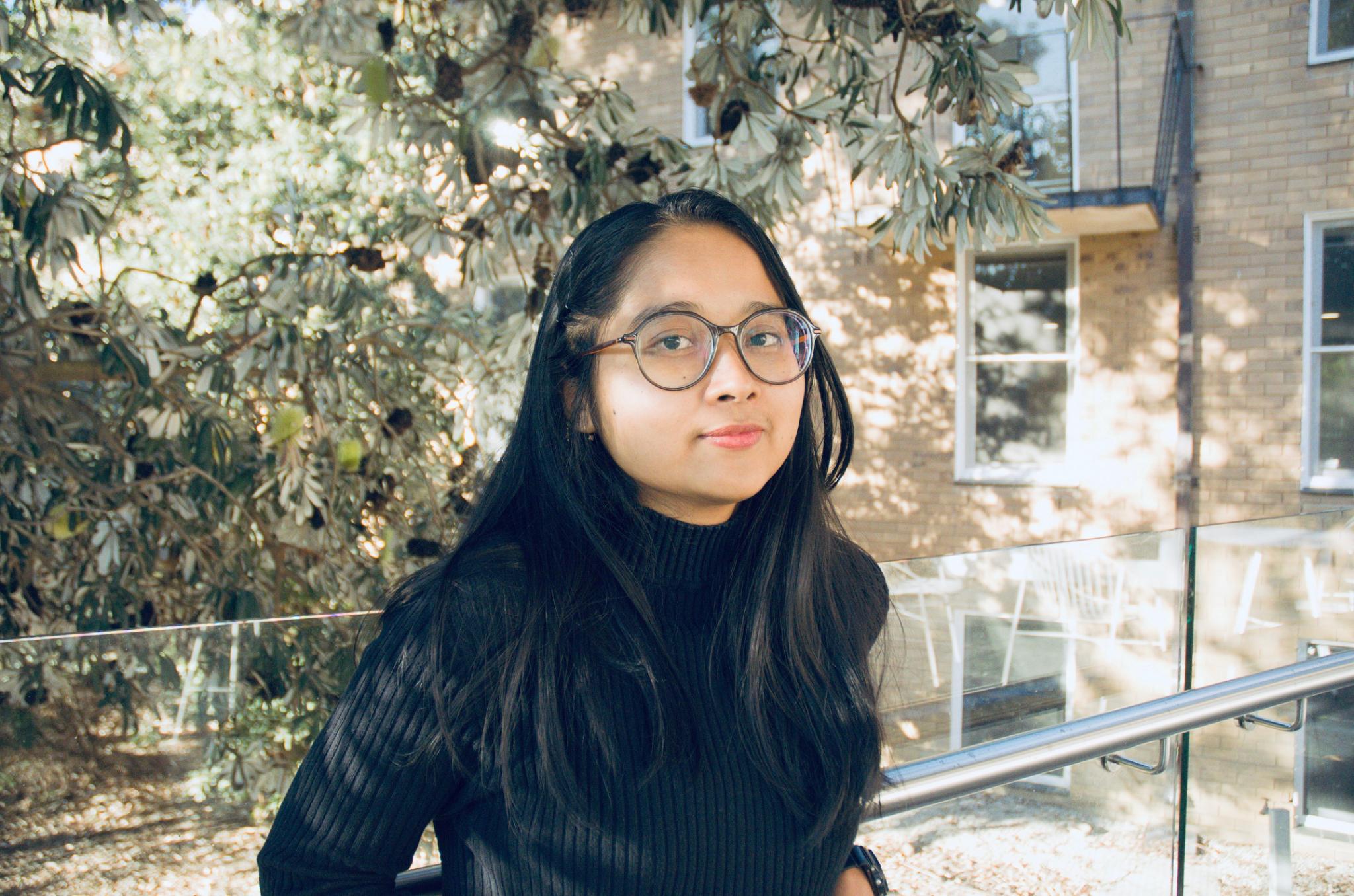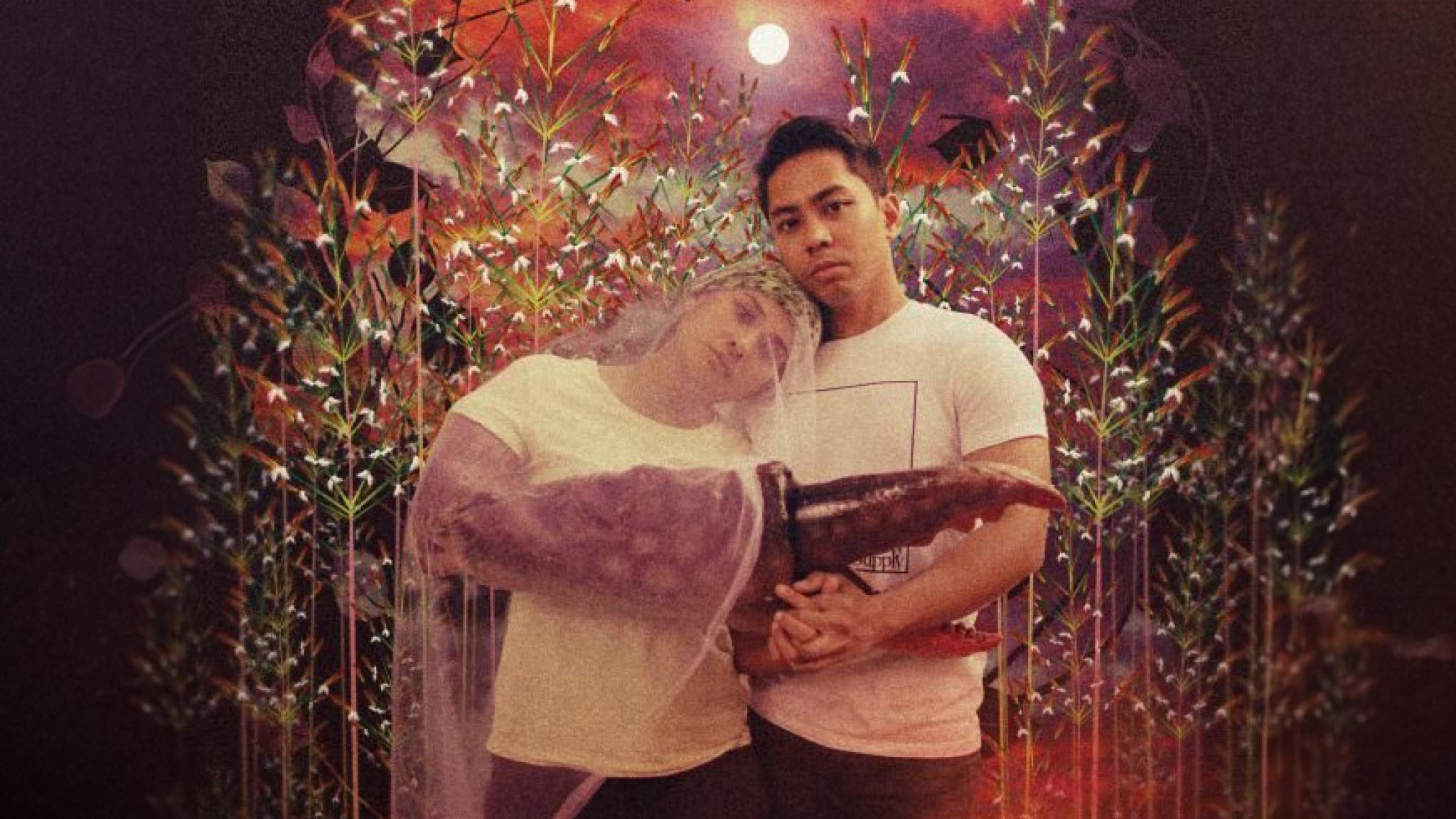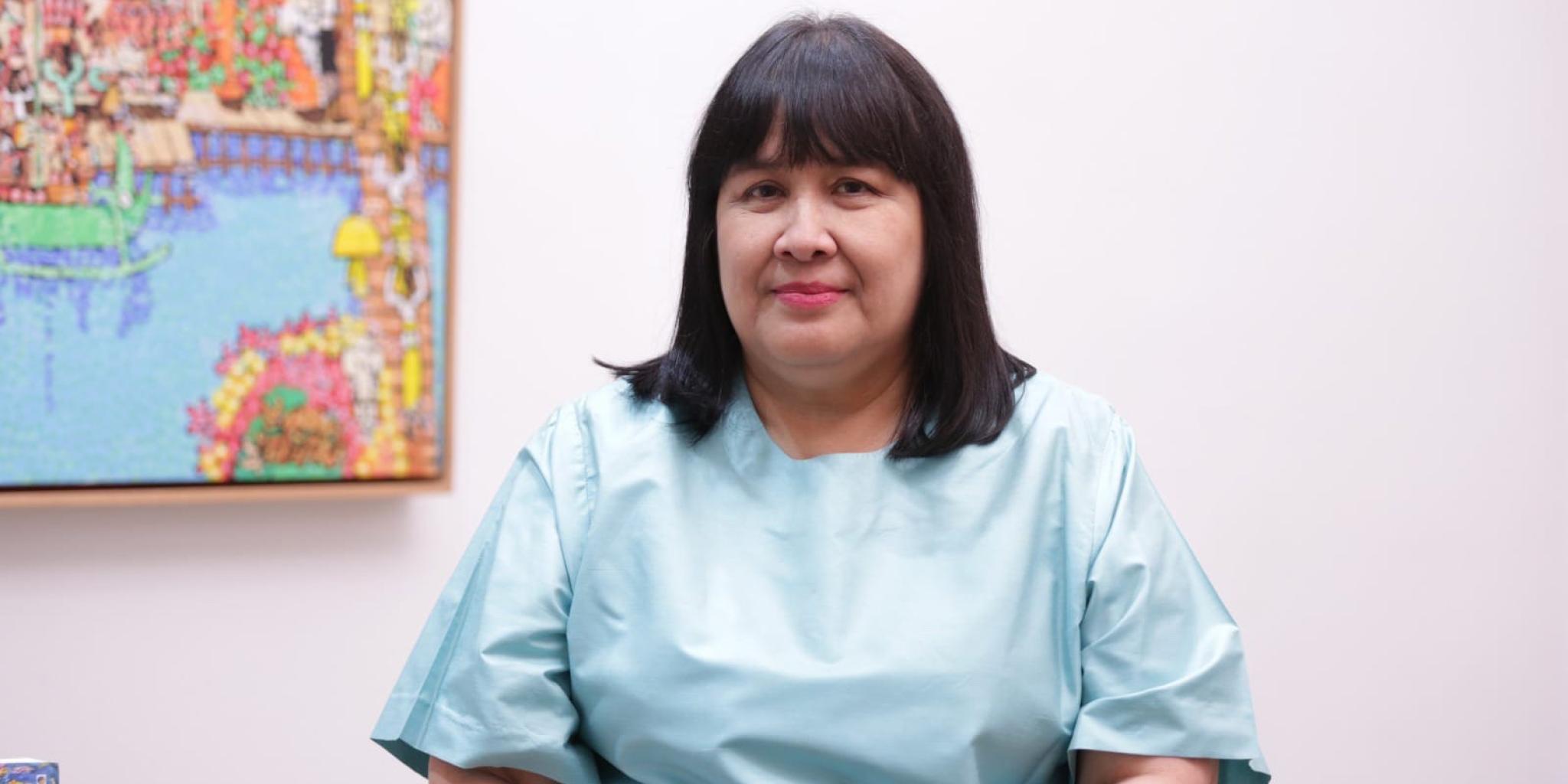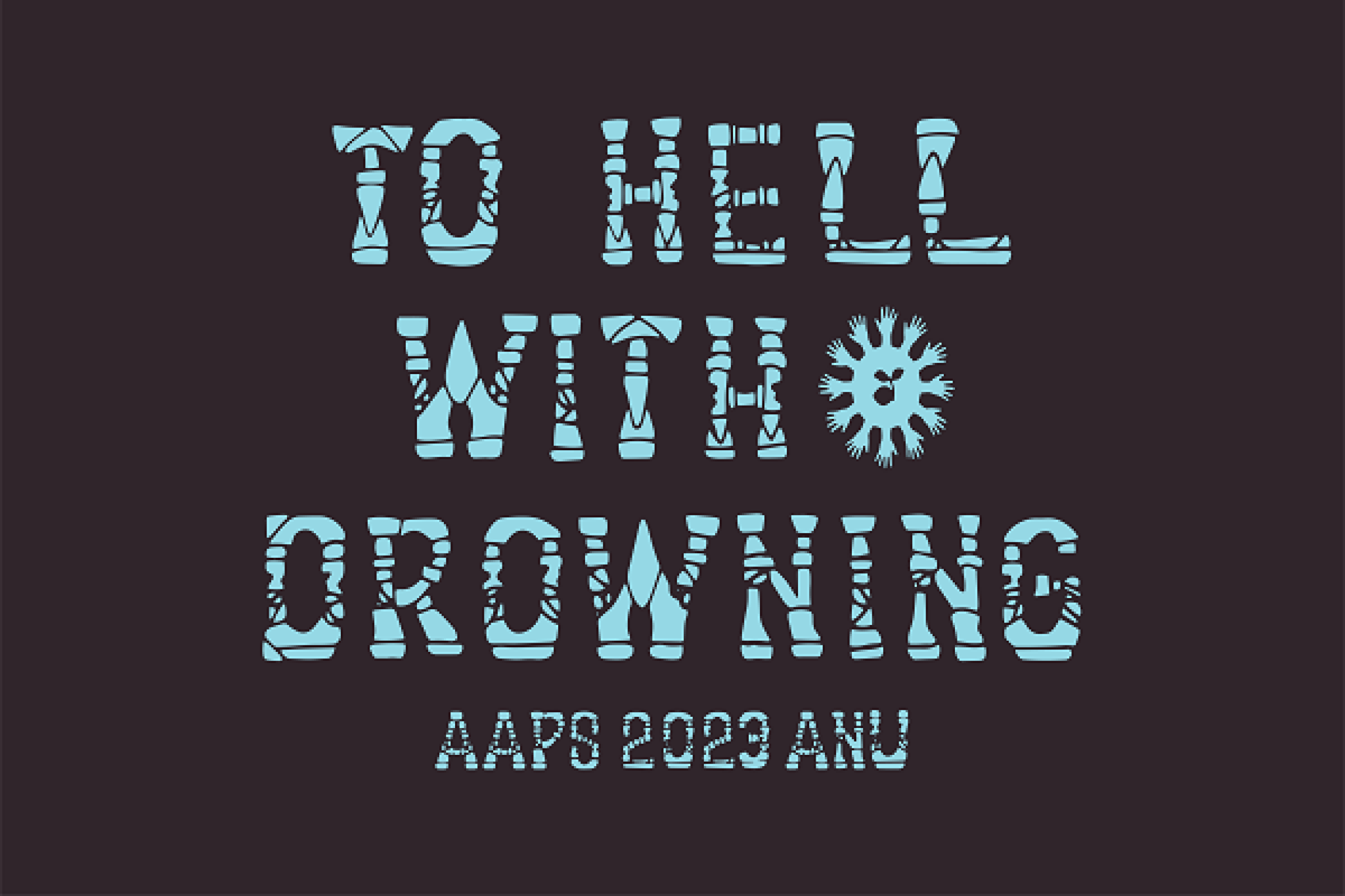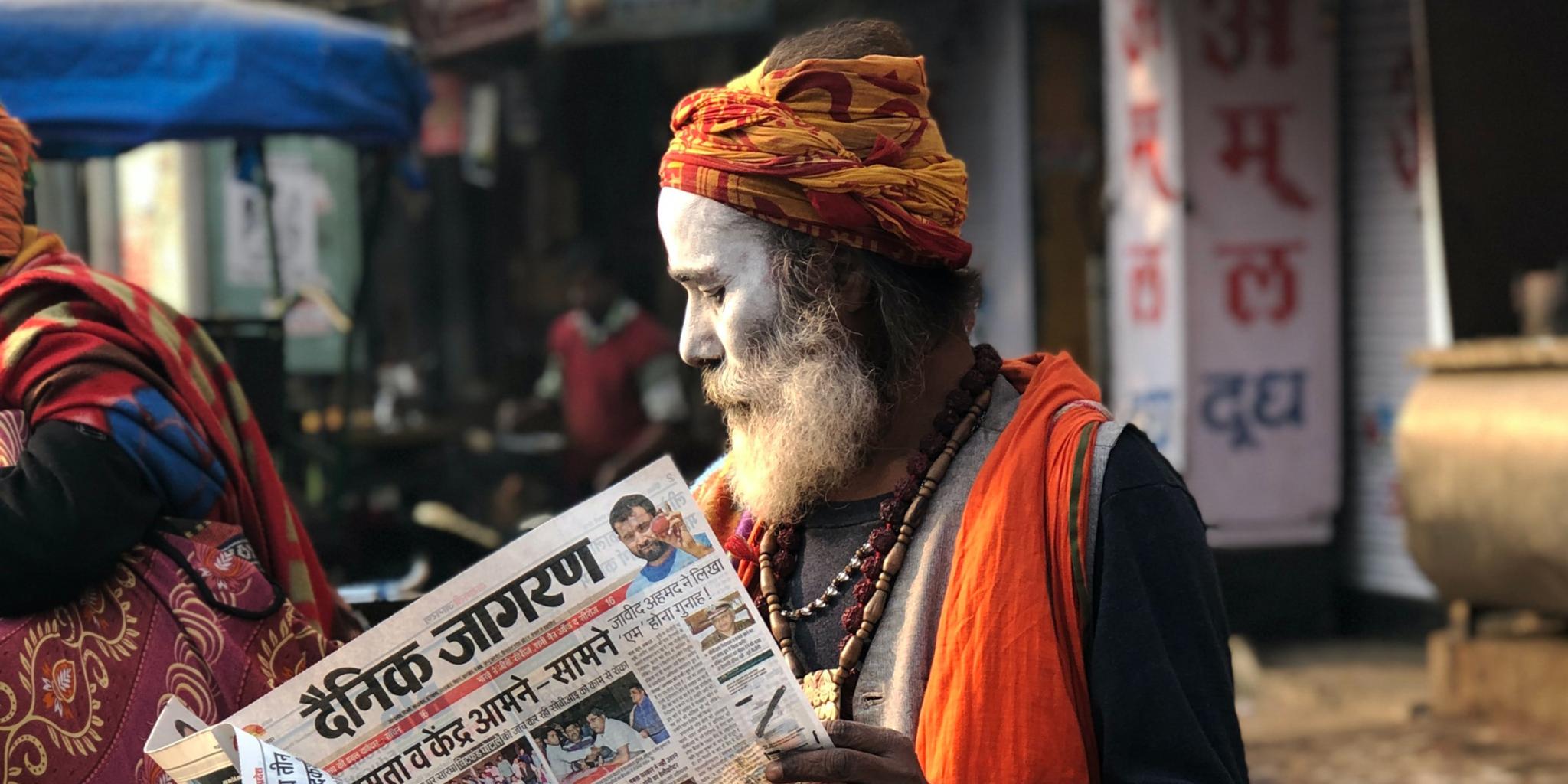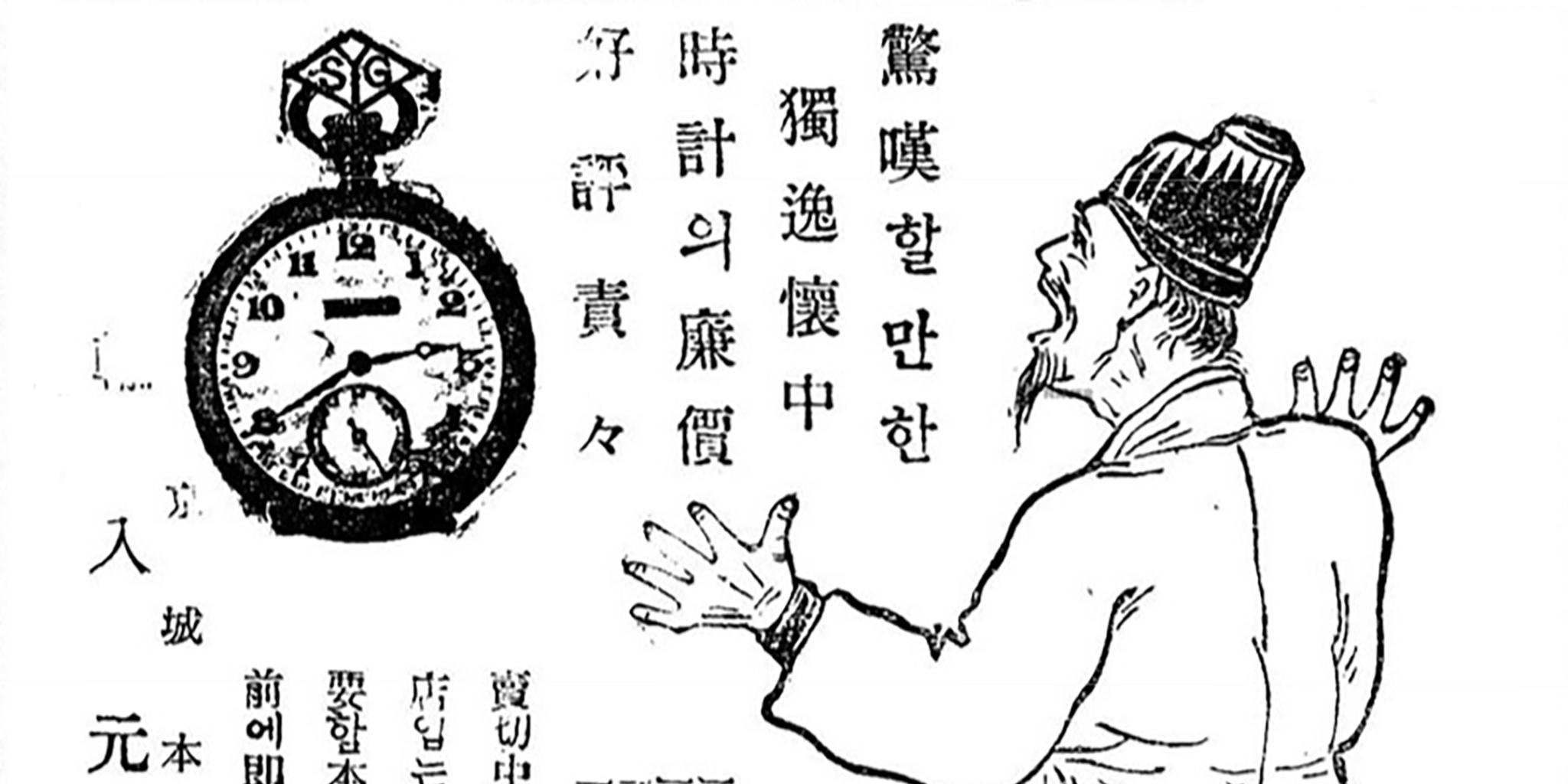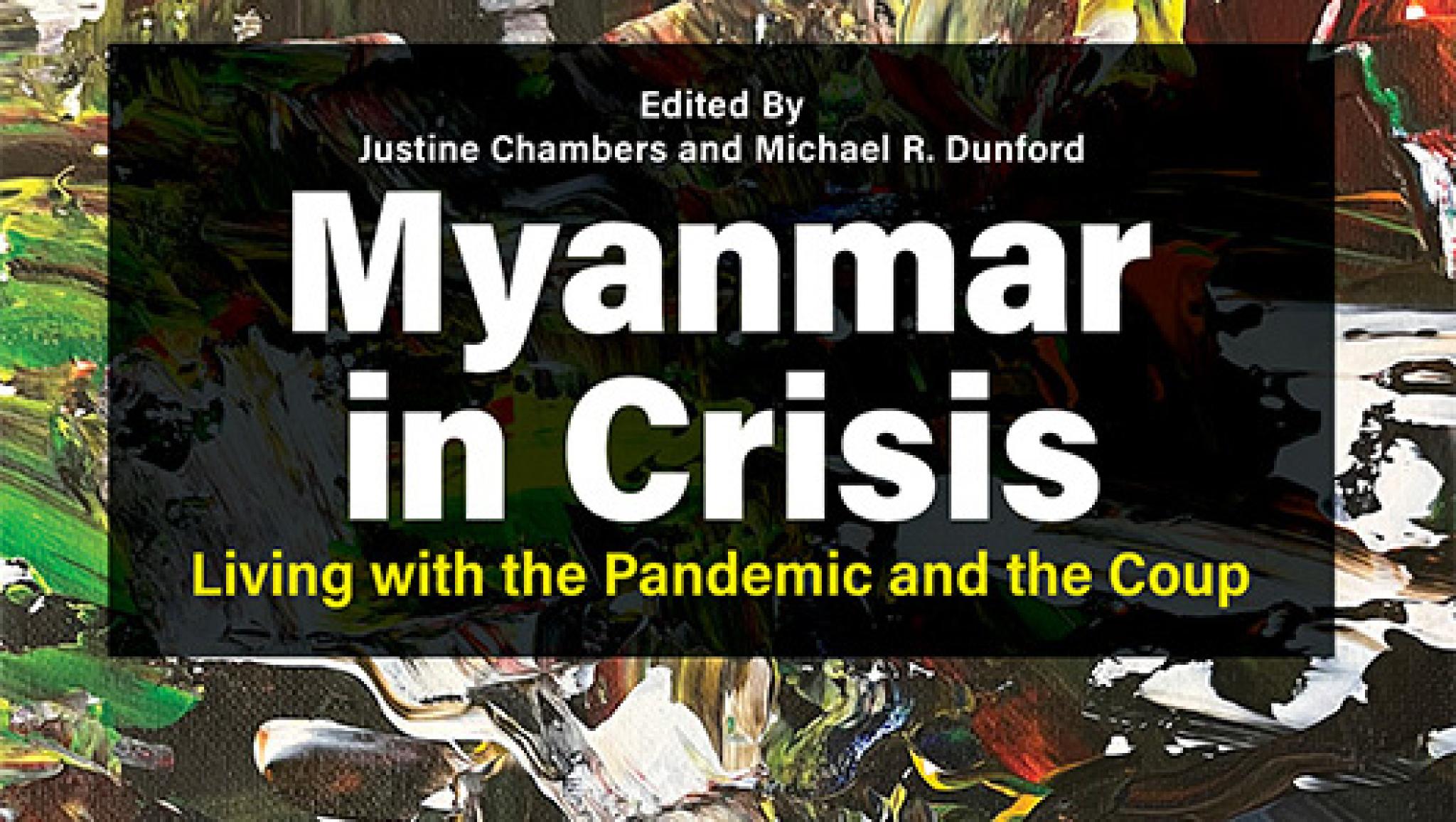- Home
-
About Us
About CHL
The School of Culture, History & Language (CHL) is a community of research experts and academics dedicated to investigating and learning with, and about, the people, languages, and lands of Asia & the Pacific.
-
Study
Study with CHL
At CHL, there are plenty of study options to suit your needs. Do a straight degree, or customise your studies to your strengths, passions and goals.
-
Research
Our Research Excellence
As an integral component of the University’s research focus, CHL prides itself in its strong and versatile research presence across disciplines.
- Indigenous Engagement
- People
- News & Events
- Immersia
